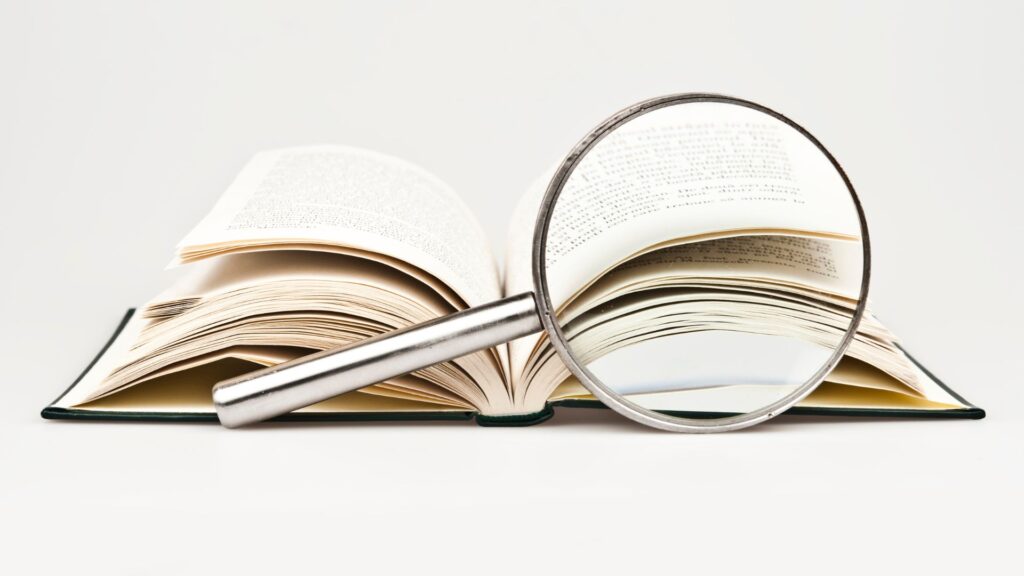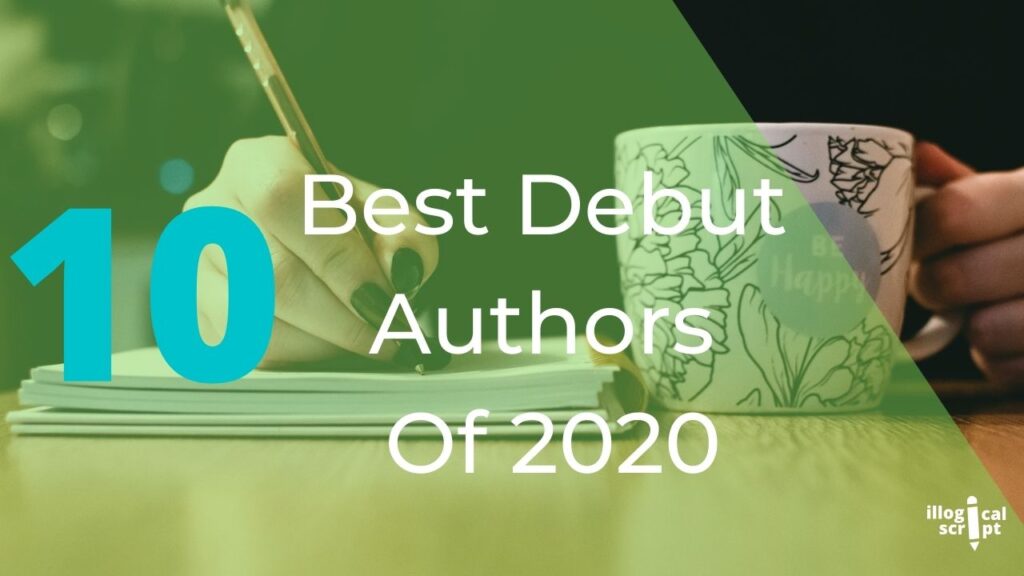Reading a good book equals therapy. It is like going literally into another world. We might have come across these statements. But if a book is that good, why don’t we remember most parts when it’s been quite some time after we’ve read a book or anything? In this article, I will discuss how to retain what you read.
It is unarguably true that books can impact a person’s lifestyle, thought process, and character – on the whole, they shape a person. Reading books is not always about gaining knowledge and being resourceful; reading books are integral to how someone evolves. I’ve heard many say how reading books have made them better person. If it can be in a good way through books, why not just experience it?
Skimming the paragraph or summarizing the sentence will definitely help you to retain what you read. Still, I encounter more questions while reading myself, which have been included in the articles further.
Here, in this article, we will look into some of the techniques that have been scientifically proven and are practised every day by millions worldwide to improve and retain your memory about what you read; whatever you read.
How to Remember What We Read.
I have answered some common questions which you must have faced while reading.
Why do we forget things that we read?

There are a lot of reasons that are scientifically proven as to why a person cannot remember everything they read or learn. Even if we memorize it, we may not recognize it afterwards. Science explains this with the help of the ‘forgetting curve ‘. So, what is this forgetting curve? It is one of the ways to represent how memory fades with time graphically. The graph peaks within 24 hours after we read something new.
Following that, the graph recedes and our memory with it. When science explains why memory fades, it also gives us many logical methods for retaining memory. All are practised among bunches of critical readers, and many are proven worldwide.
How can and how well can we remember it?

No step-by-step process should be followed as it is, but rather a collection of various methods and techniques you can explore and choose on your own.
But one thing most avid readers follow as a tradition is skimming the book or anything you will read before you read it. This wouldn’t go well with the novels unless you want to know the climax before knowing the story.
Skim randomly

If you are about to read any philosophical books, financial psychology books, or anything other than fiction, it is an article of faith that you must skim. Just go through the table of contents. Flip through random pages. Read what you see. To get familiarised with the content of the book.
Try to get answers to these questions: Why do you want to read that book? What fruit would the book bear for you exactly? How will, or to be precise, will impact your life in any way? Will this spirit you up? Skimming will help you answer these.
Sometimes, getting to know the author’s writing style is equally essential as fancying the book’s content. Once you start reading the book, always have a paper/pen. There is a very thin line between summarizing and reviewing what you read. You must do both.
Summarize it as little as you can

One of the best ways to retain what you read is by summarizing them as much as possible. Take down a one-line summary after reading each page. Or at least take down a summary after every one of your reading sessions.
Summarizing can come in handy in the case of fiction books too. We may remember the plot but only sometimes remember where we left off—not talking about the page numbers but the content and story here. So, taking down a couple of lines of a summary of what you read last would save you the time to read where you left off.
What should I do with nonfiction books?

On the other hand, reviewing is critical in the case of philosophical, psychological, and similar books. We may not always agree with the author. It is no great shake to come into a conflict of interest with the author in the case of philosophical books. Sometimes we may end up hating the author. It’s also okay to write down that you hate them, but what matters here is why.
Reviewing something you read reflects your opinions about the author’s thoughts. It gives you an idea of what and what not you like. It may be about the book, or it may also impact your genre of interest. Reviewing also tells you whether or not you should continue reading that book.
Summarising vs note-taking

There is little difference between summarising and note-taking. But if you are about to read a dense – factual – informative book, it is essential to prioritize note-taking rather than summarizing. It’ll help you focus on important details and facts while reading the book during your next reading session. And if you are about to take notes, be prepared with the essentials. Have a pen and paper. Keep a slew of sticky notes.
Take a highlighter with you. If you wish, take beautifully colored pens. Just make yourself invested in taking notes.
Taking notes typically feels like preparing for an examination. But you should find your way through it.
Spending hours and hours reading an entire book and remembering nothing of it? It doesn’t sound fair to me. Writing down can easily stimulate your brain to remember things.
If you are taking notes in parts, make sure you organize them. Creating a mind map of the book and what you expect to gain from it before reading contributes to many ways.
Once you start reading, you can parallelly develop the mind map. Note-taking isn’t sentencing. If this isn’t about preparing for your exams, putting on organised tables, colourful graphs, and charts won’t hurt.
Sometimes, if you need more motivation to take notes, underline or highlight the keywords.
Tell someone about what you read

Teaching always is a better way to remember what you read. I mean something other than typically teaching someone with a blackboard or presentation. But tell them about what you are reading. What is discussed in the book? How does the author beautifully explain things? It can be about any of these.
The most significant advantage of teaching or briefing something to someone is that we need to first thoroughly understand what we have read. We’ll appreciate it first rather than just reading through it. Telling someone wins over writing down on the fact that explaining to someone gives space for questions, discussions, different perspectives, and ideas.
Varied discussions – varied perspectives

Not everyone sees things in the same way. When you are trying to explain to someone what you have read, they may have questions about that. They may look into things told differently. There will be open discussions. When you speak about something you are interested in someone, there are greater chances that those may ring a bell later. When you find answers to their questions, you’ll try to dive deep, which will again help you strike a chord with those you read.
If you have reading partners or a reading gang, it sure is something you should hold dear. You can all start reading an ordinary book and have discussions on it. This will lead to varied ideas and opinions about the book and its content. We will always remember things that we debate, right?
Should I stop reading if I can’t remember anything at all?

If you are reading a very lengthy book, say a long novel or a biography, it is okay if you need to remember the beginning or the story of the book. Be patient and try to read it once again. Place a better proportion of content this time. You will get familiar with the storyline and the plot better this time.
What is more important is engaging yourself with the book and the author. Reading multiple times will give you an experience of every book’s angle. Try to relate important things with things from your everyday routine. Or with things and events that are important to you or something you are also habitual with. It helps you remember things for a longer time.
Conclusions | How to retain what you read?
It is okay to quit books if you don’t like them. Leave it. Move on to the next one. Sometimes, people get demotivated when they cannot remember what they read. They lose their interest in reading books. You need not. Everyone’s taste is unique; it will take time and patience to find the right book and genre that interests you genuinely.
Try out things that will keep you excited about reading books. Telling someone about what I read has helped me remember things. In the case of fiction books, it gets exciting and is a good conversation starter.
Reading can help you find yourself. Happy Reading!
Do also checkout the links mentioned below.




